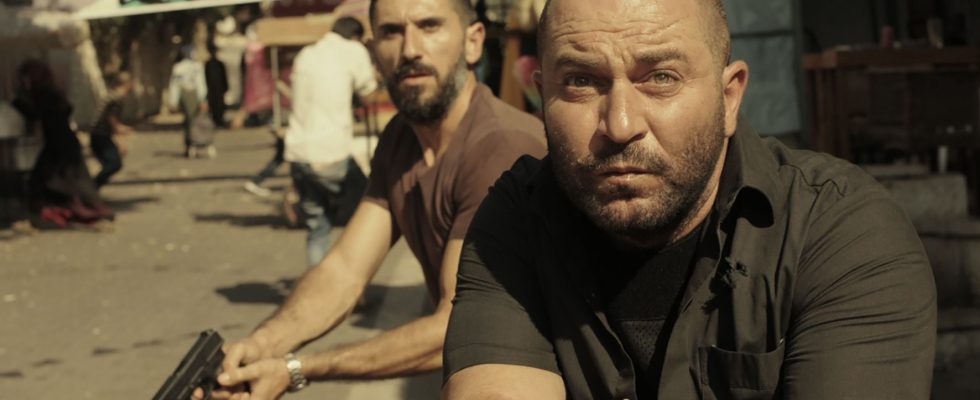To seek inspiration, American producers have made a habit of looking to the East. In recent years, Israel has become one of the leading exporters of fiction to the United States. Since the broadcast ofHatufim, in 2010, series which inspired the American Homeland, the Hebrew State accumulates audience successes: Possession, No Man’s Land, BeTipul… Exported, viewed, adapted – BeTipul is the original concept of excellent In therapy –Israeli fiction seduces, by choosing to grapple as much as possible with reality.
In Hatufim, two Israeli hostages have returned to the country, 17 years after being kidnapped by an Islamist cell. In Tehran (Apple TV +), a Mossad agent infiltrates the Iranian capital for her very first mission. In False Flag, each season features a false flag operation by the Israeli secret services. Geopolitical tensions, drama, and espionage… The winning recipe for Israeli series is also from a budgetary point of view: the production of Homeland for example cost twice as much as its original version. “Israeli television can capitalize on a subject that speaks to its domestic audience, while being familiar to the rest of the world,” observes Dr. Nahuel Ribke, associate professor at the Open University of Israel, a specialist in series. easier to export internationally, especially since they often play on codes that are familiar to us, such as those of thrillers and espionage.”
Of Fauda has Our Boys
The hit series Fauda (Netflix) is no exception to the rule. Its four seasons imagine the daily life of Arabic-speaking infiltrators in the Palestinian territories – season 3 even takes place in the Gaza Strip. Tour in Hebrew and Arabic – Fauda also means “chaos” in this language – it intends to project the viewer into a hyperrealistic vision of everyday life on both sides of the border. Inspired by the experiences of its two creators – Lior Raz is a former undercover agent in the region and Avi Issacharoff a journalist specializing in the conflict – the series does not shy away from any scene of violence. She does not hesitate to expose the all-out surveillance of the Palestinian territories, nor to show Israeli heroes in an unfavorable light.
But Fauda is also roundly criticized: internationally, it is accused of conveying only the Israeli vision of the conflict. The Israeli daily Haaretz even lamented that fiction “does not realize the realities in the West Bank.” “Fauda resembles westerns, which told the story of the confrontation of ‘nice’ Americans with Native Americans, adds Nahuel Ribke. Like in the days of American westerns, Fauda is perceived by Israelis as a portrayal of the reality of the conflict with the Palestinians, when it often only reinforces their preconceived vision.”
Other series, however, attempt to adopt a much more nuanced vision of reality. Our Boys, Israeli-American production, tells the story of the murder of a young Palestinian after the triple assassination of Israeli teenagers. Broadcast in 2019 on HBO, it recalls the outbreak of violence between the two peoples which followed these events in the summer of 2014. The series, keen to present both sides of the story, provoked the ire of Prime Minister Benyamin Netanyahu, who had called for a boycott. A wasted effort: with its harsh tone and its refusal of any Manichaeism, the series has established itself as a classic of the genre, winning 13 Ophir (the equivalent of the Caesars) in Israel.
.
